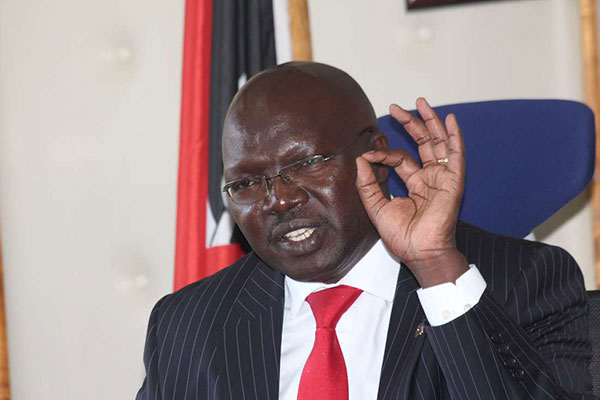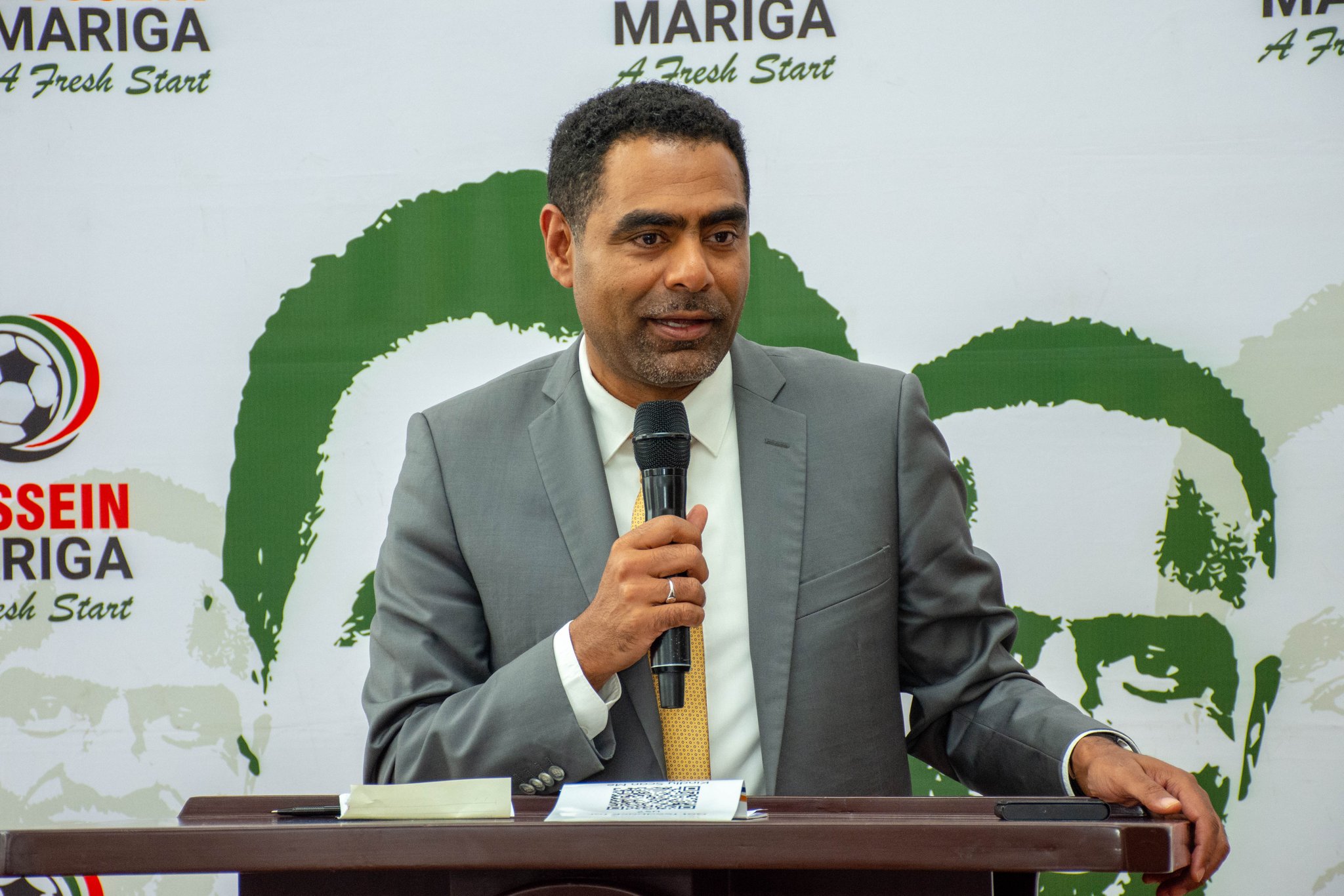Water ministry spells out radical measures in war against pollution of water bodies

The Ministry of Water and Sanitation has announced radical measures, including disconnection of water to commercial and non-commercial entities that fail to comply with the Water Quality Regulations, 2006 and other environmental laws.
Water Cabinet Secretary Simon Chelugui Friday said the new measures are meant to intensify the ongoing war against pollution of the country’s water bodies.
The National Environment Management Authority (Nema) has already stopped operations of various companies identified as heavy polluters of the Nairobi River, where the pilot is taking place.
Chelugui said his ministry has identified nine key sources of pollution– both industrial and domestic discharge points.
“The main pollutants have been identified as industrial and domestic waste and solid waste from urban areas. Non-compliant industrial plants that discharge effluent at odd times, when it is raining or at night, have also been identified as major polluters of water resources,” the CS told journalists after attending a consultative meeting with multiple stakeholders.
Chelugui has given himself, his team and the industry partners three months to announce a clear roadmap for ending pollution of water bodies across the country.
Some of the radical measures in place to address water pollution as spelt out by the CS are: Instructions to the Water Resources Authority (WRA) to suspend or cancel Water Abstraction Permits to Water Service Providers and industries that are non-compliant and close the respective water intakes.
Chelugui said the government would prosecute the non-compliant effluent dischargers, harmonise the dimensions of determining riparian land for all development sectors to adhere to in compliance to protection and conservation of water resources, and also remove all structures and prohibited activities within riparian lands.
“We are strengthening WRA’s capacity. This will prevent developers from constructing on riparian land,” he said.
The ministry is also exploring global best practices on the once-polluted water body systems such as Thames River to domesticate the same approaches to mitigate Nairobi River basin pollution.
Chelugui said the ministry and its agencies would support Water Resource Users Associations (WRUAs) to provide surveillance, scouting and patrols in the catchment areas for ownership and sustainable protection and conservation of water resources.
“This will enable us to block effluent discharge points in the informal settlements with concrete. The exercise of cleaning our rivers must be sustainable for the prosperity of the current and future generation,” he said.
While launching the Status of Dams report recently, the CS vowed tough action would be taken against persons emitting toxic waste to Nairobi river, including industries, which have been identified as culprits.













